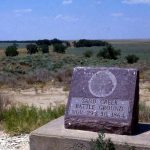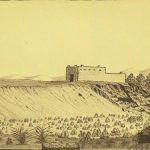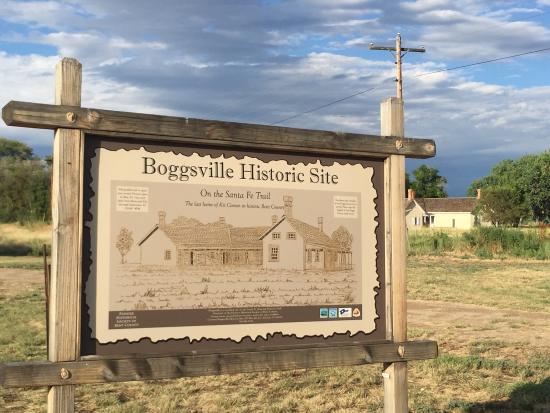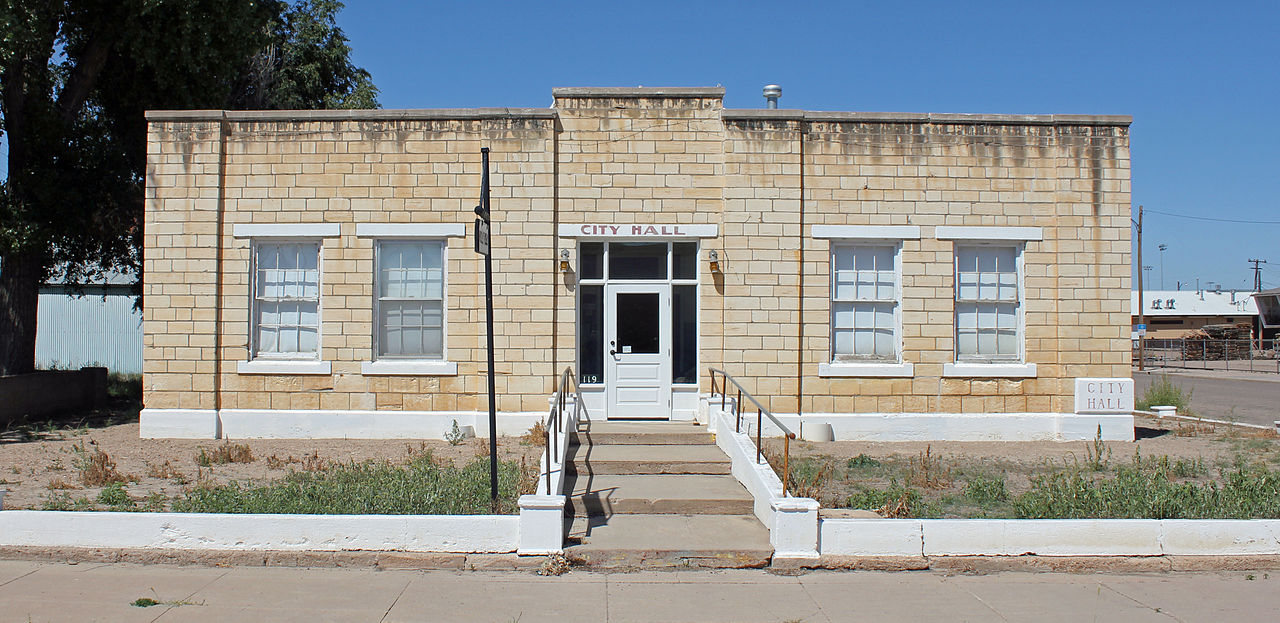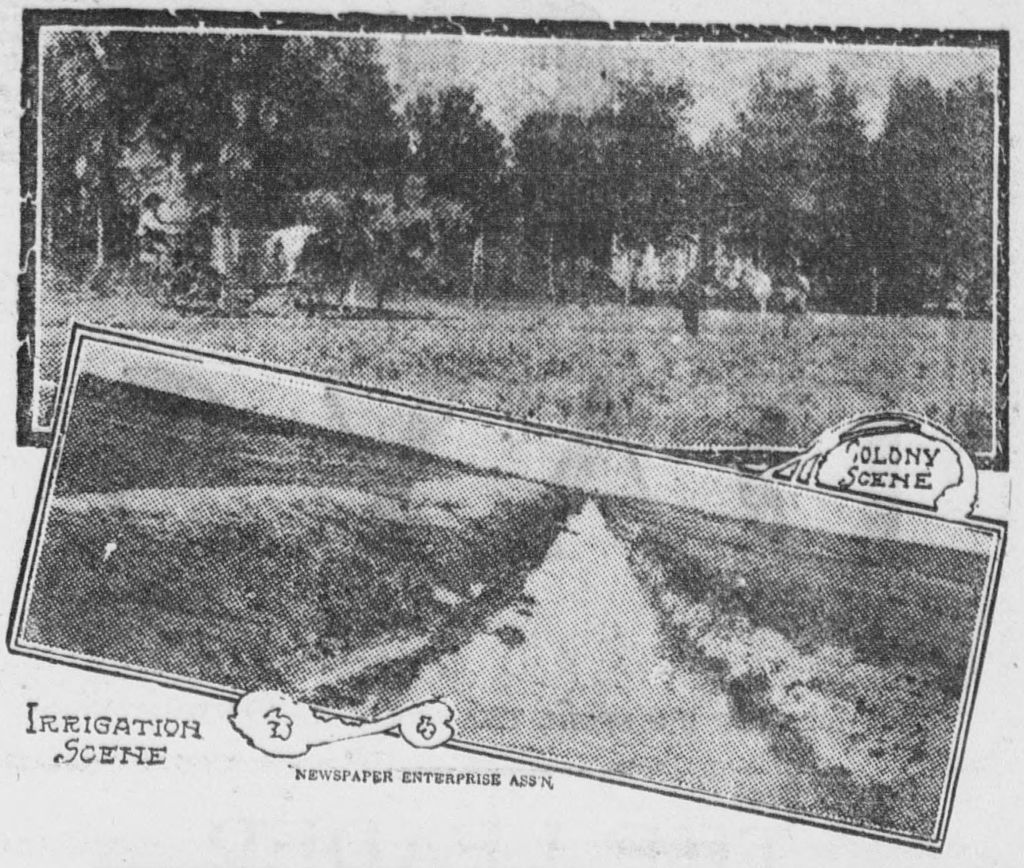
Fort Amity
Fort Amity was a unique farming colony organized by the Salvation Army in 1898 that reached national prominence and was located along Highway 50 between Holly and Granada, the name was certainly fitting, for it means, “goodwill.”
Each family selected to live at Fort Amity was given a minimum of 10 acres of farmland, materials, equipment, and livestock to ensure success. These families were expected to repay the Salvation Army with one-half of the proceeds from the sale of their crops.
Amity was a dry community as The Salvations Army decreed that no liquor was to be used or sold in any of the local businesses or the land would automatically revert to the original owner.
In 1902, there were 16 businesses, including a bank, grocery store, depot, hotel, hardware store, meat market, blacksmith, and more. A creamer company was also organized, and it became so successful that over 1,000 pounds of milk and cream were sold to the Continental Creamery Company of Topeka, Kansas.
Because no buildings or even foundations from Fort Amity exist today, writings, a few photographs, a handful of interviews, and tombstones in Mount Hope Cemetery represent the community’s surviving legacy.
Fort Amity had a good year or two but was gone in about ten years. It failed not only because some of the people out of the slums of Chicago did not adapt well to farming, but because of a flood, alkali in the soil, the death of one of the founders in a train wreck, and a bank robbery.



